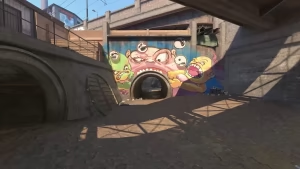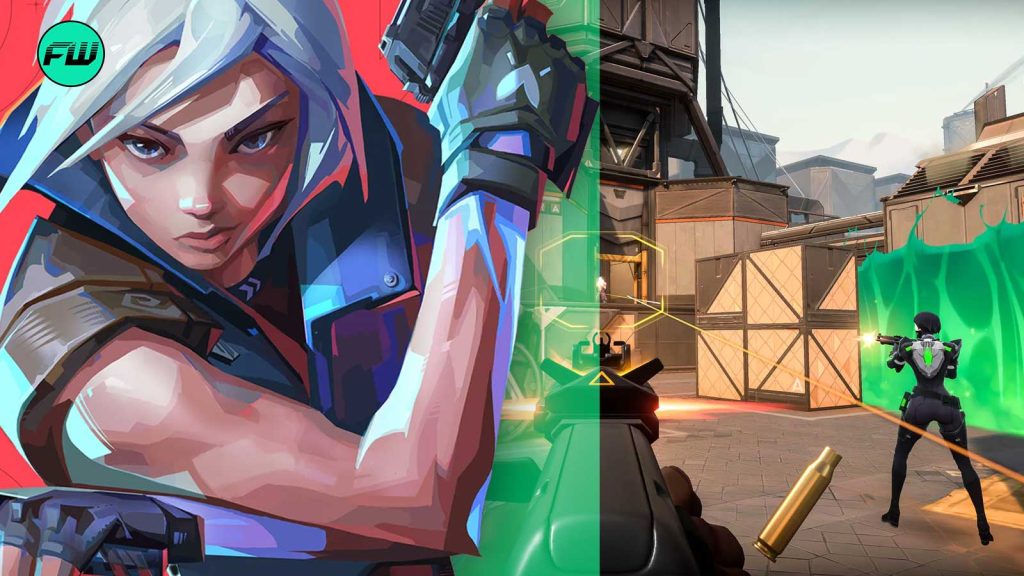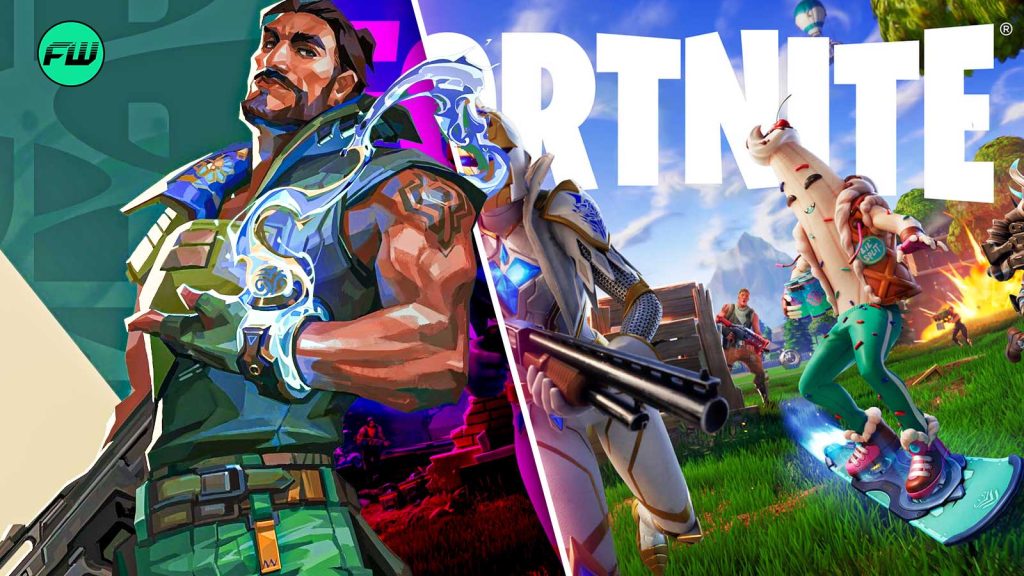Riot Games’ Forcing Chet Back To CS2 Could Trigger Valorant’s Downfall: Bigger Than Overwatch Ever Witnessed
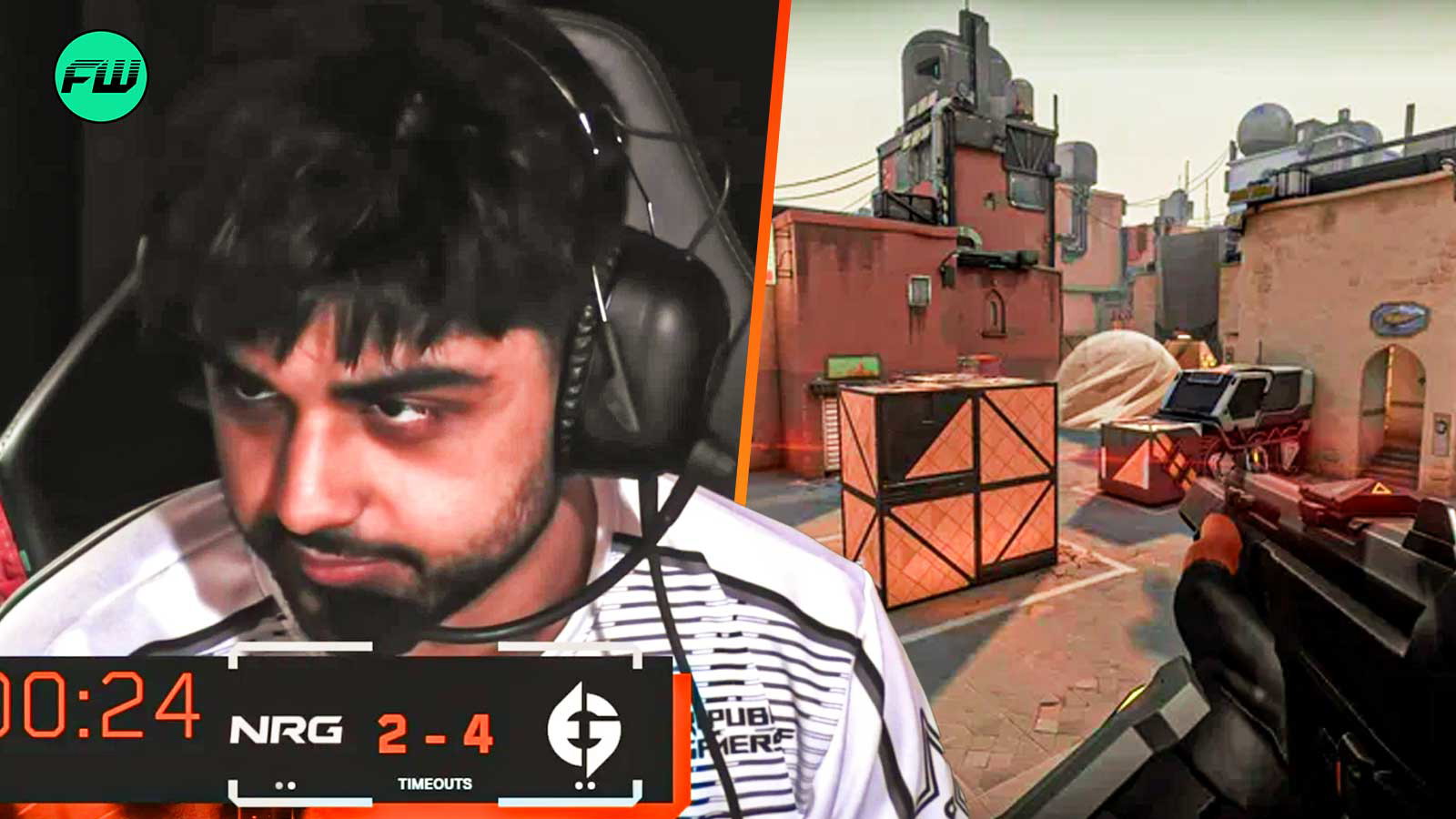
Riot Games just suspended renowned coach Chetan “Chet” Singh from the Valorant Champions Tour (VCT) until March 2025. The suspension was a result of Chet breaching Riot’s Global Esports Code of Conduct. This decision has started a debate that could have long-term consequences for Valorant’s competitive scene.
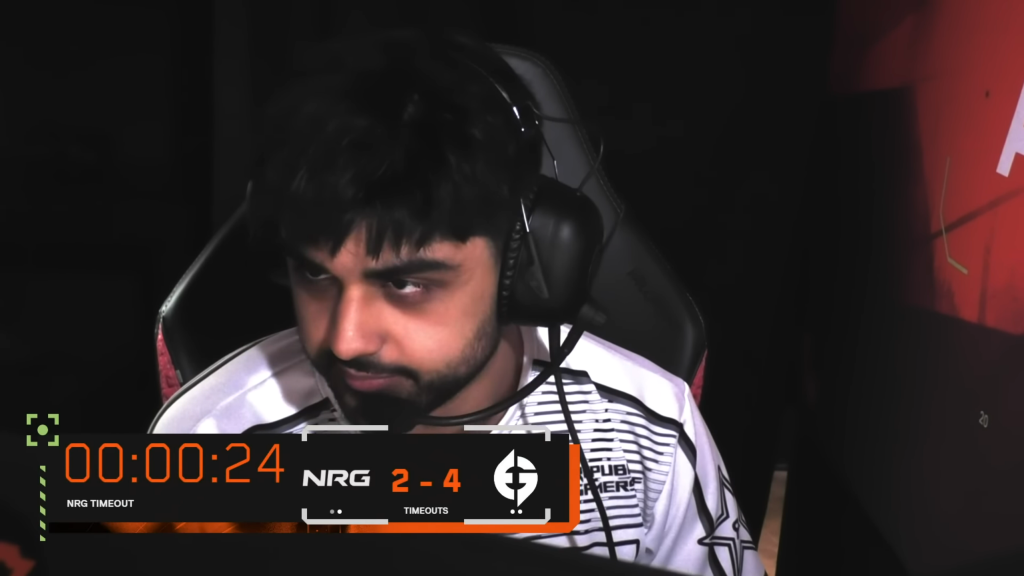
This has forced Chet to return to Counter-Strike 2 (CS2) and fans are debating how strict governance over esports professionals might backfire. Riot’s ruling and the industry’s history of losing talent to rival games, could destabilize the Valorant ecosystem in a way similar to Overwatch’s once-promising, but now-defunct league.
Let’s Hope Riot Games Knows What Mistakes Not To Make
Chet was suspended because he livestreamed confidential match videos (VoDs) from NRG’s matches without permission. On July 31, 2024, he streamed the videos, which included sensitive in-game communication between players, coaches, and referees.
Competitive Ruling: Chetan “Chet” Singh.
— VALORANT Esports NA (@valesports_na) October 14, 2024
Full ruling: https://t.co/eu2gnFKJES pic.twitter.com/dc2w2quORf
Riot deemed this a violation of its Global Esports Code of Conduct, specifically breaching rules on confidential information. Despite Chet’s insistence that no harm was done to either party, the punishment remains.
While this suspension lasts only until the conclusion of VCT Masters Bangkok in March 2025, its effects are far-reaching. Because Chet is teamless till March 2025, it’s unlikely that a team even hires him at all in 2025.
Faced with this forced hiatus from Valorant, Chet announced his intention to return to CS2. CS is where he previously established a strong presence before transitioning to Valorant.
Chet’s immediate pivot to CS2 speaks volumes about the volatile nature of the esports industry. This situation is reminiscent of Overwatch League’s gradual decline after Blizzard struggled to maintain both community and business interests.
With recent news I'm going to be exploring my options in CS2, if any teams are interested next year after the major DMs are open
— Chet (@chetsingh) October 15, 2024
still open to VAL opportunities after my suspension – will be streaming till then pic.twitter.com/nGohPUU0vD
The Overwatch League, once hailed as the future of esports, fell victim to unsustainable business models, rigid structures, and talent exodus. Despite initially being one of the most popular games globally, Overwatch eventually became less appealing to both players and viewers.
Overwatch Was The Biggest Lesson Any Game Could Learn
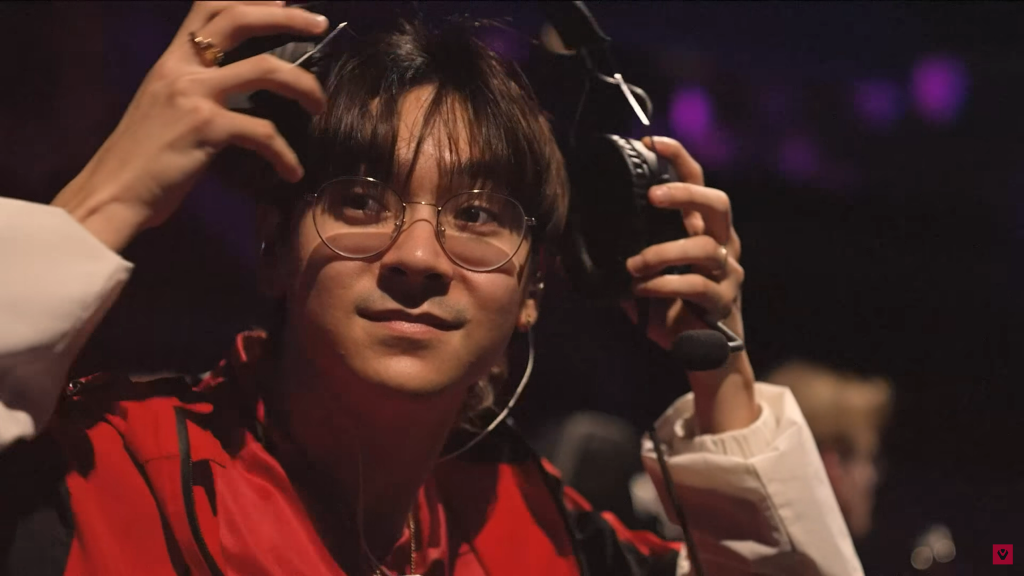
Chet’s suspension also brings to light Riot’s rigid control over proprietary content, which hasn’t been received well by other Valorant esports professionals. This dynamic was a critical flaw in Overwatch’s esports structure. Blizzard’s reliance on corporate partnerships and rigid control over the competitive scene alienated players and fans.
Comment
byu/Thunderclaww from discussion
inGames
Esports thrives on the loyalty of its player base, and unjust or overly harsh decisions can erode that loyalty. Riot’s decision to suspend one of the most influential coaches in the Valorant scene could have long-term repercussions, particularly if it drives other talent away.
As seen with Overwatch, once the exodus begins, it becomes increasingly difficult to regain the trust of both players and fans. Valorant esports has already seen one icon retire this year, now another big member won’t be a part of it for a year.
While Valorant is currently the biggest FPS game, the ecosystem could easily become unstable if Riot mishandles situations. The exit of high-profile figures could discourage other talents, teams, and sponsors from investing further in the game.
Just as Overwatch‘s player base moved to other titles during the problematic time, Valorant could face a similar thing. especially with CS2 emerging as a refreshed competitor. While Valorant still commands a large and loyal fanbase, esports history suggests that anything can happen.
What do you think of Riot’s handling of this situation? Let us know in the comments!
This post belongs to FandomWire and first appeared on FandomWire
